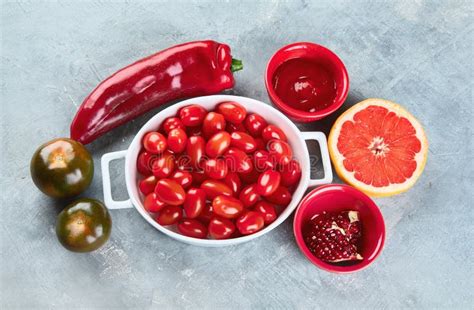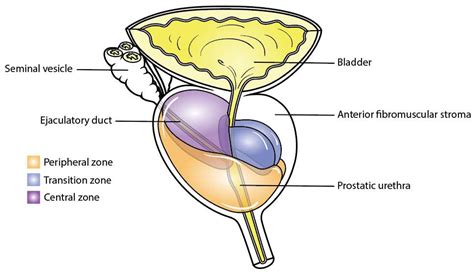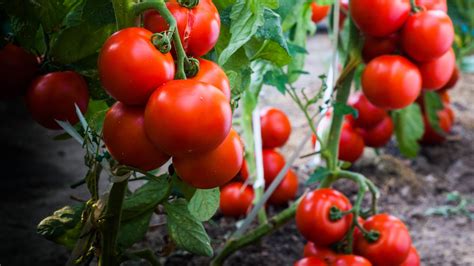What specific type of carotenoid antioxidant is frequently discussed for its potential benefits in supporting prostate health in men?

In the realm of men’s health, particularly concerning prostate well-being, one specific carotenoid antioxidant consistently emerges in discussions and research: lycopene. This powerful pigment, responsible for the red and pink hues in many fruits and vegetables, has garnered significant attention for its potential protective effects against various health concerns, most notably those affecting the prostate gland.
Understanding Lycopene: A Potent Carotenoid
Lycopene is a naturally occurring chemical that belongs to the carotenoid family, which are organic pigments found in plants and algae. Unlike some other carotenoids that the body can convert into Vitamin A, lycopene does not convert to Vitamin A. Its primary claim to fame is its exceptional antioxidant activity. Antioxidants play a crucial role in protecting the body’s cells from damage caused by free radicals, unstable molecules that can contribute to chronic diseases and the aging process.

The human body cannot produce lycopene, meaning it must be obtained through dietary sources. The most famous and abundant source of lycopene is the tomato, especially cooked or processed tomato products like paste, sauce, and ketchup. This is because heat processing helps break down the tomato cell walls, making the lycopene more bioavailable, or easier for the body to absorb.
The Link Between Lycopene and Prostate Health
The interest in lycopene’s role in prostate health stems from its potent antioxidant capabilities. The prostate gland, like other organs, can be susceptible to oxidative stress, which is an imbalance between free radicals and antioxidants in the body. Chronic oxidative stress is believed to contribute to inflammation and cellular damage, potentially impacting prostate health over time.

Studies suggest that lycopene may exert its protective effects through several mechanisms. Beyond its direct free-radical scavenging abilities, lycopene may also influence cellular communication, regulate cell growth cycles, and reduce inflammation within prostate tissues. Research, including observational studies and some clinical trials, has explored the association between higher dietary lycopene intake and a reduced risk of certain prostate issues, although more extensive and conclusive research is always ongoing.
Dietary Sources and Absorption
While tomatoes are king, lycopene can also be found in other red and pink fruits and vegetables, including watermelon, pink grapefruit, guava, and papaya. To maximize the absorption of lycopene, it’s often recommended to consume it with a small amount of fat, as it is a fat-soluble compound. This is why a splash of olive oil in a tomato sauce, or avocado with a slice of watermelon, can enhance its bioavailability.

Many men choose to supplement with lycopene, especially if their dietary intake of lycopene-rich foods is inconsistent. However, it’s important to consult with a healthcare professional before starting any new supplement regimen, as food-based nutrients often provide a broader spectrum of beneficial compounds than isolated supplements.
Research and Recommendations
The scientific community continues to investigate the full extent of lycopene’s benefits for prostate health. While the evidence is promising, particularly from epidemiological studies showing lower rates of prostate conditions in populations with high lycopene consumption, definitive conclusions about its role as a preventative or therapeutic agent require more robust clinical trials.

Current recommendations for men interested in supporting their prostate health generally include a balanced diet rich in fruits, vegetables, and whole grains, along with regular physical activity. Incorporating lycopene-rich foods, particularly cooked tomato products, is a simple and delicious way to contribute to this overall healthy lifestyle.
Integrating Lycopene into Your Diet
Making lycopene a regular part of your diet doesn’t have to be complicated. Enjoy pasta with tomato sauce, add tomato paste to soups and stews, snack on watermelon, or include pink grapefruit in your breakfast. Even sun-dried tomatoes can be a concentrated source. These culinary choices not only enhance flavor but also provide a powerful antioxidant boost specifically linked to supporting prostate health.

In conclusion, when discussing carotenoid antioxidants and their potential benefits for men’s prostate health, lycopene stands out. Its potent antioxidant properties and presence in everyday foods make it a valuable nutrient to consider for those looking to proactively support their well-being.








